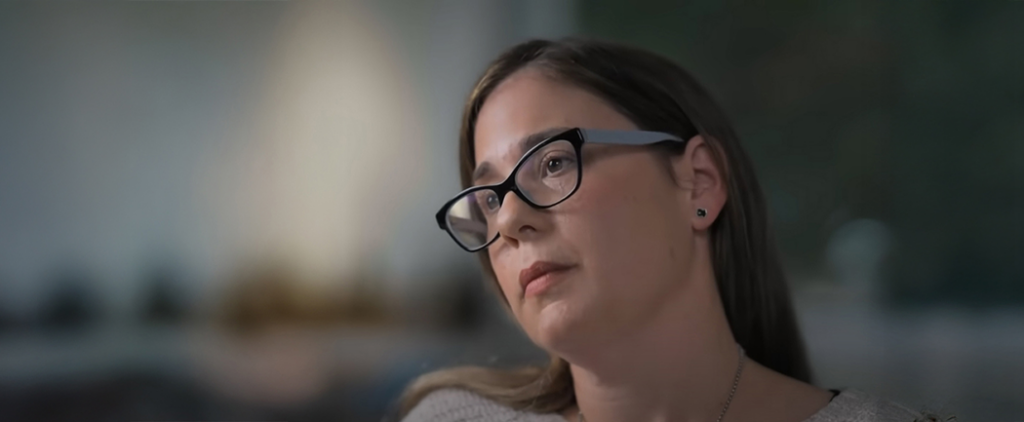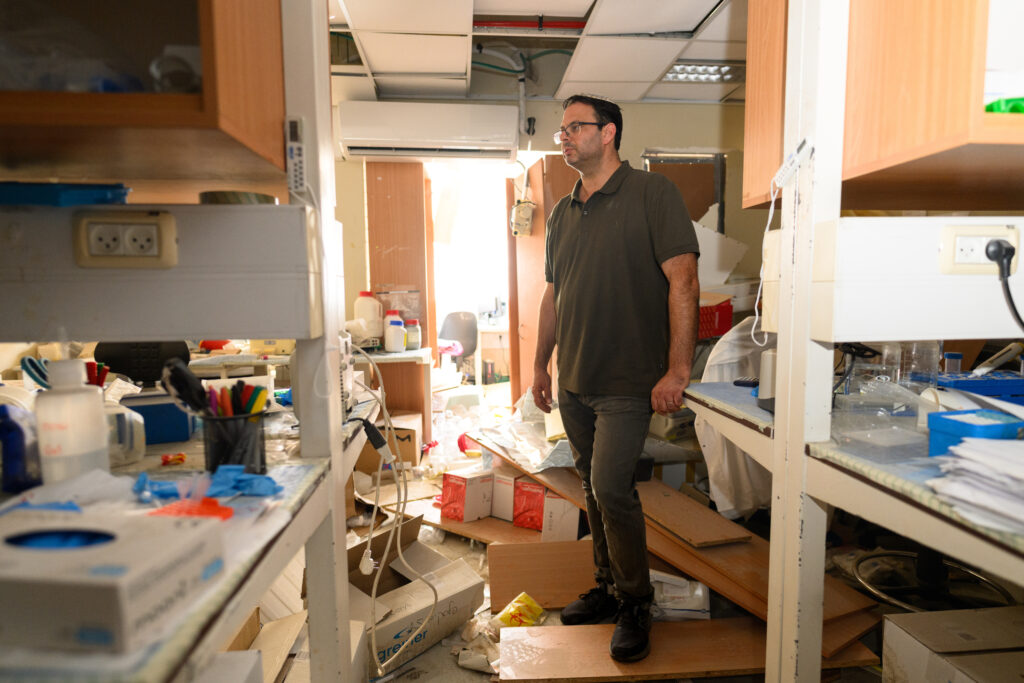
BGU Research Supports Home Use of Recycled Gray Water
BGU Research Supports Home Use of Recycled Gray Water
July 30, 2012
Israel already recycles about 80 percent of its water. But such purification is managed by the Israel Water Authority. Currently, home gray water purification systems are banned in Israel. New research demonstrates that it may be time to repeal that restriction.
The following article is reproduced with permission from International environment Research Reporter, 35 INER 761 (Aug. 1, 2012). Copyright 2012 by The Bureau of National Affairs, Inc. (800-372-1033).
Bloomberg Bureau of National Affairs (BNA)—Home gray water purification systems are efficient, safe, environment Researchally friendly, and money-saving, according to Israeli researchers studying the matter.
‘‘Gray water can be treated relatively simply and maintain ‘very high’ to ‘excellent’ water quality as defined by the Ministry of Health,’’ researchers from Ben-Gurion University of the Negev and the Technion Institute of Technology said in an as-yet-unpublished report on the first 18 months of an ongoing study.
‘‘Most importantly, and counter to concerns, gray water that is responsibly recycled does not harm the earth or water sources.’’
Gray water—the runoff from laundry, dishwashing, and bathing—can thus be recycled to irrigate home gardens and, most important according to advocates, to flush toilets, cutting household consumption of freshwater by as much as half. Nevertheless, Israel’s Health Ministry bars the private use of such systems.
‘‘We’re not saying it’s fully disqualified, we’re just not fully convinced,’’ Itamar Grotto, the ministry’s director of public health services, told BNA July 23. The ministry has established a working group to examine the issue and to solicit additional study, especially into the risk of breakdowns and contamination of water resources over the long term, he noted.
‘‘Other countries actually encourage the reuse of gray water with rebates and government funding,’’ Prof. Amit Gross of BGU’s Zuckerberg Institute for Water Research, the study’s coauthor, told BNA July 22.
‘‘The Ministry of Health is like an ostrich on this issue.’’ But they are already too late, he continued, since ‘‘tens of thousands of Israeli households are recycling their water—without standards or supervision.’’
A bill to legalize home use of gray water is currently being studied by a committee in the Knesset.
ABOUT AMERICANS FOR BEN-GURION UNIVERSITY
By supporting a world-class academic institution that not only nurtures the Negev, but also shares its expertise locally and globally, Americans for Ben-Gurion University engages a community of Americans who are committed to improving the world. David Ben-Gurion envisioned that Israel’s future would be forged in the Negev. The cutting-edge research carried out at Ben-Gurion University drives that vision by sustaining a desert Silicon Valley, with the “Stanford of the Negev” at its center. The Americans for Ben-Gurion University movement supports a 21st century unifying vision for Israel by rallying around BGU’s remarkable work and role as an apolitical beacon of light in the Negev desert.
About Ben-Gurion University of the Negev
Ben-Gurion University of the Negev embraces the endless potential we have as individuals and as a commonality to adapt and to thrive in changing environments. Inspired by our location in the desert, we aim to discover, to create, and to develop solutions to dynamic challenges, to pose questions that have yet to be asked, and to push beyond the boundaries of the commonly accepted and possible.
We are proud to be a central force for inclusion, diversity and innovation in Israel, and we strive to extend the Negev’s potential and our entrepreneurial spirit throughout the world. For example, the multi-disciplinary School for Sustainability and Climate Change at BGU leverages over 50 years of expertise on living and thriving in the desert into scalable solutions for people everywhere.
BGU at a glance:
20,000 students | 800 senior faculty | 3 campuses | 6 faculties: humanities & social sciences, health sciences, engineering sciences, natural sciences, business & management, and desert research.
For all press inquiries, please contact:
James Fattal, J Cubed Communications
516.289.1496



